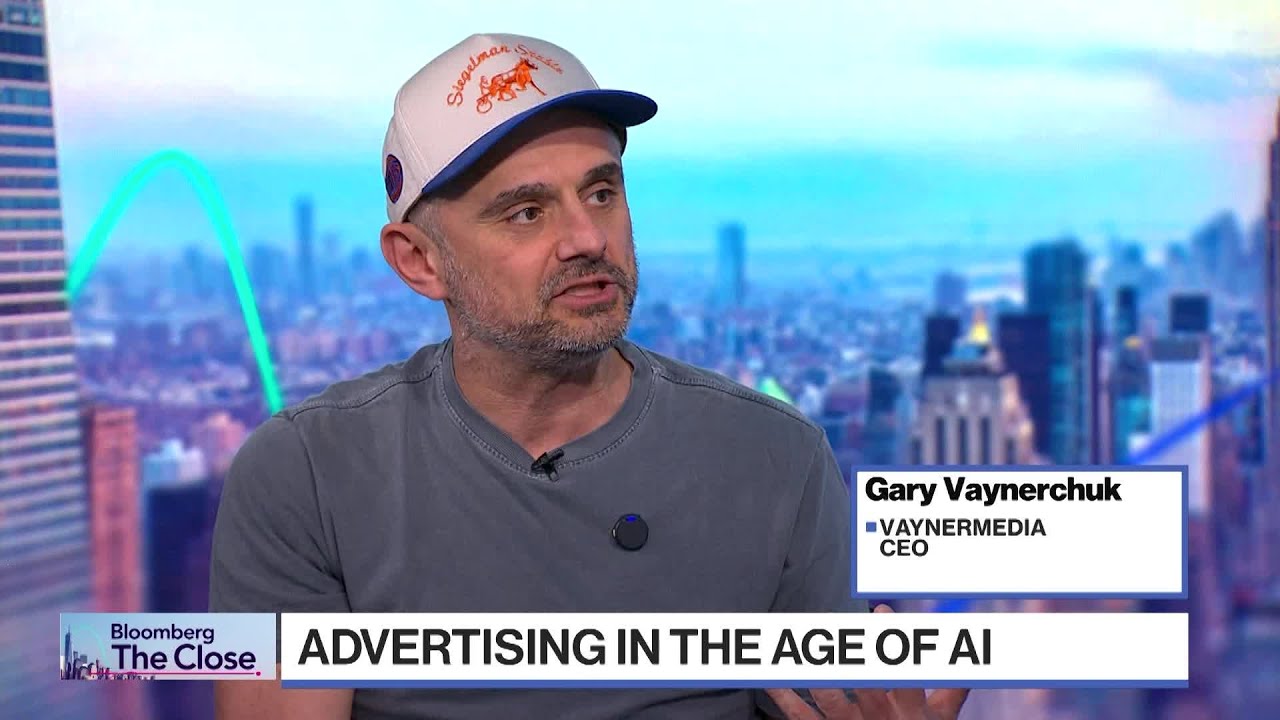Gary Vaynerchuk discusses how AI is transforming advertising and search, warning that traditional platforms like Google may become outdated as AI-driven search providers and social platforms fragment the ecosystem, requiring businesses to adapt their strategies. He emphasizes the importance of mastering AI and SEO optimization, and highlights opportunities in social commerce, particularly live shopping, as key areas for brands to stay competitive in the evolving digital landscape.
The video features Gary Vaynerchuk discussing the transformative impact of AI on advertising and search engines. He highlights comments from Apple executive Eddy Cue during a DOJ lawsuit, emphasizing the rise of AI search providers that could potentially replace Google on iPhones and iPads. Vaynerchuk stresses that many Fortune 500 companies heavily rely on Google AdWords for customer acquisition, which is primarily intent-based marketing. He warns that as AI-driven search evolves, traditional search engines like Google risk becoming outdated, akin to the yellow pages, and companies need to adapt quickly to this shift.
Vaynerchuk explains that Google is attempting to innovate with products like Perplexity, but no single company will dominate the AI search ecosystem. Instead, the landscape will likely become fragmented across major players such as Meta, TikTok, Google, or Apple. This fragmentation means that businesses which have over-invested in brand value through search advertising are vulnerable, as their traditional channels may diminish in importance. He advocates for companies to start creating demand through other variables and to focus on mastering SEO and AI optimization to stay competitive in this new environment.
He emphasizes that AI’s integration into search will fundamentally change how businesses approach online visibility. AI agents are sourcing information from various platforms like Reddit and other web sources, which means that traditional scraping and SEO strategies need to evolve. Companies must learn how to optimize for AI, not just for traditional search engines, by understanding how AI chatbots and agents retrieve and present information. This shift requires a new approach to digital marketing, one that anticipates how AI will influence consumer queries and content discovery.
Vaynerchuk then discusses how his company, Venus, is positioning itself to help brands navigate this transition. As an entrepreneurial-driven firm with a focus on emerging marketing trends, they aim to align their incentives with their clients’ success. Their approach involves hands-on execution and staying at the forefront of AI and social media innovations. He underscores the importance of practical implementation over just pitching ideas, emphasizing that their track record and deep involvement in emerging marketing channels give them an edge in helping brands adapt to the AI-driven future.
Finally, he touches on the potential of live social shopping, especially in Asia, and the reasons why it hasn’t yet taken off in the West. He attributes this to cultural and behavioral differences, noting that platforms like TikTok are now pushing social commerce aggressively. He mentions various players like eBay, Shopify, and YouTube, which are starting to adopt live shopping models. Vaynerchuk sees this as a massive opportunity, driven by human behavior and the success of similar models in China, and believes that social commerce will become a significant part of the future of online shopping and advertising.
